Although the Japanese are well-represented in professional major league baseball in North America, with dozens of players playing this year, they are woefully under-represented in other sports such as hockey, football and basketball. Hockey can be forgiven as there is just not that much interest in the sport here and physical size is a factor (however, there are several young players attending schools in Canada and playing in the minor leagues in North America, so there could be a second Japanese to follow Yutaka Fukufuji into the NHL).
The same can be said for football; there are company teams in Japan and some Japanese have played in the NFL Europe and it seems likely that a Japanese player will crack an NFL roster at some point in the near future. But what about basketball? There are not one, but two professional leagues here and the level of the game is nowhere near as high as it should be. Some may argue that the Japanese are not tall enough to play in the NBA, but one no longer needs to be seven feet tall to play in the league. Just a few years ago Yuta Tabuse, who stands five foot nine, played in a few games for the Phoenix Suns. So where is Japan failing at basketball? Why are players from Europe and elsewhere in Asia cracking NBA rosters?
Taking a look at the performance of the Japanese national basketball team, one can quickly see that they cannot compete on the world stage. When they manage to qualify for the Olympics or the World Championships, a rare enough event, they have never finished better than tenth (out of 16, in the 1964 Olympics) and at the 2006 World Championships were twentieth out of twenty four teams. At that tournament Japan managed to beat basketball powerhouses Venezuela, Senegal, Panama and Qatar.
Earlier this year, the JBA announced that David Hobbs of the United States would take over the reigns of the national team. Hobbs, a successful Division I NCAA coach who brings a wealth of experience to the table. Hobbs was brought in to replace former coach Kimikazu Suzuku who was fired after his team’s poor performance in the 2007 FIBA Asia qualifiers, which were the qualifiers for the Beijing Olympics. Despite the long wait to hire Hobbs, fans were hoping that fresh eyes might improve the situation; they were wrong.
Most fans would agree that the lion’s share of the blame for Japan not being able to produce a quality team lies on the shoulders of the somewhat behind the time Japan Basketball League. The league, which has enjoyed a veritable monopoly on the sport in Japan has a stranglehold on national team tryouts and selections. Or the lack thereof; in 2009, even after bringing Hobbs on board, the Japan Basketball Association (JBA) which manages the national team announced that there would be no open tryouts for the national team and that members would be chosen from the Japan Basketball League. The JBA chooses to ignore any other talent that may be out there. The recently established (2005), but non-JBA sanctioned Basketball Japan League and University players and any players that happen to be playing in Europe are ignored in national team selection. The BJ League has twelve teams who play a 52 game schedule, whereas the JBL has 8 teams and plays a 35 game schedule. What this means is that there are about one hundred or so Japanese players that are playing more games per season than those in the JBL who do not even have an opportunity to make the national team. Without aggressive, open competition for spots on the team, there is little hope for Japan to put together a competitive team anytime soon.
Since its inception in 2005, there have been many calls for the JBA to sanction the BJ League and have the two leagues cooperate, if not necessarily merge, but to play exhibition games, all-star games and off-season games to promote both goodwill and good basketball. So far, none of this has happened and although the JBA claims that talks are on to solve the rift between the two leagues, no deadlines have been set for any sort of agreements and there is likely no end to the impasse anytime soon.
While it is true that the Japanese players lack the physical size of many of their NBA counterparts, they play a quick, precision game; smaller, skilled players have managed to crack a few rosters over the years. Unless the JBA changes its outlook and opens up to inter-league competition and holds open tryouts for the national team, look for Japan to continue to flounder at international tournaments and watch as NBA rosters take on players from Europe, China and Korea.
Story by James Souilliere
From J SELECT Magazine, September 2009

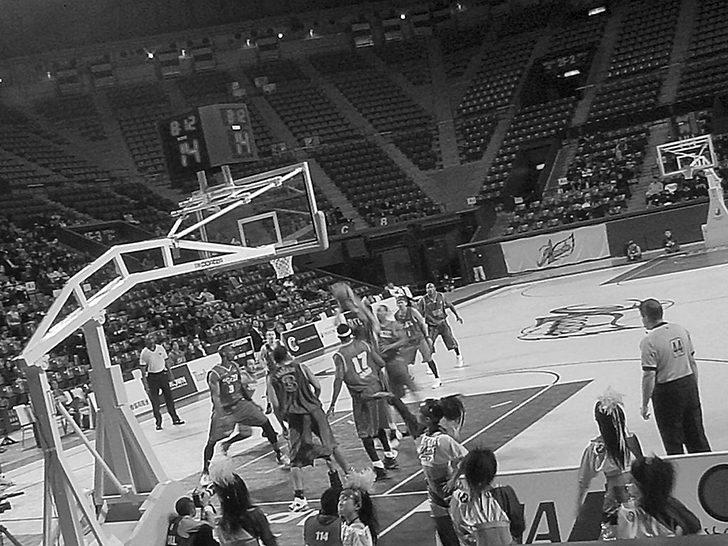



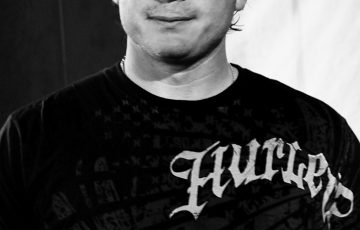
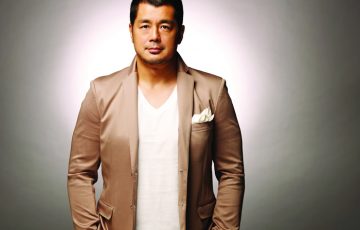


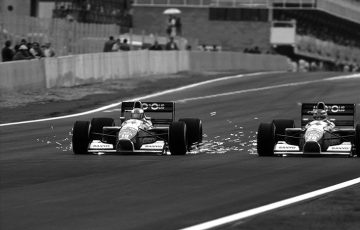
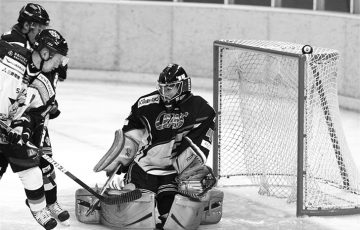
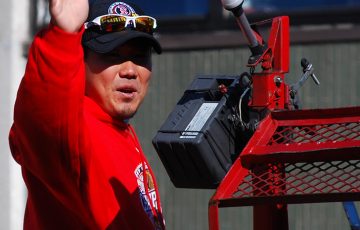



Recent Comments